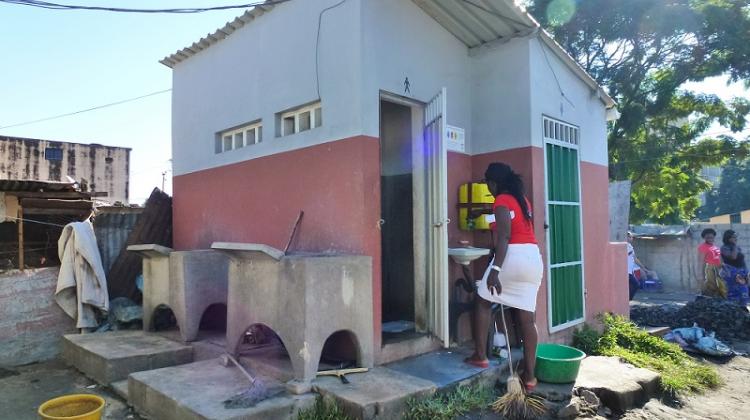The Global Governance of Sanitation

The promise of South-South Cooperation (SSC) as a powerful alternative development paradigm to the historically more hostile North-South development model is eliciting serious attention in scholarly research and in advocacy networks. Perhaps ironically, SSC initiatives are also securing substantial financial support and leveraging the communication platforms of traditional international development institutions and development finance power brokers. While much is claimed by both champions and skeptics of this re-energized, diversified, and decentralized network of South-South action in the 21st century, much is also missing in terms of empirical studies examining precisely how SSC compares with other forms of international cooperation at the project level and what special value, if any, SSC projects can lay claim upon in the development arena. This project speaks to this knowledge gap through a detailed examination of different international cooperation typologies extant in the sanitation sector in the Mozambican capital, Maputo. Particular attention therein is focused on how different international cooperation typologies map with different typologies of knowledge and learning, as well as how the density of cooperation actors (or 'thick cooperation') is shaping the scope, quality, and accessibility of sanitation services in Maputo.


